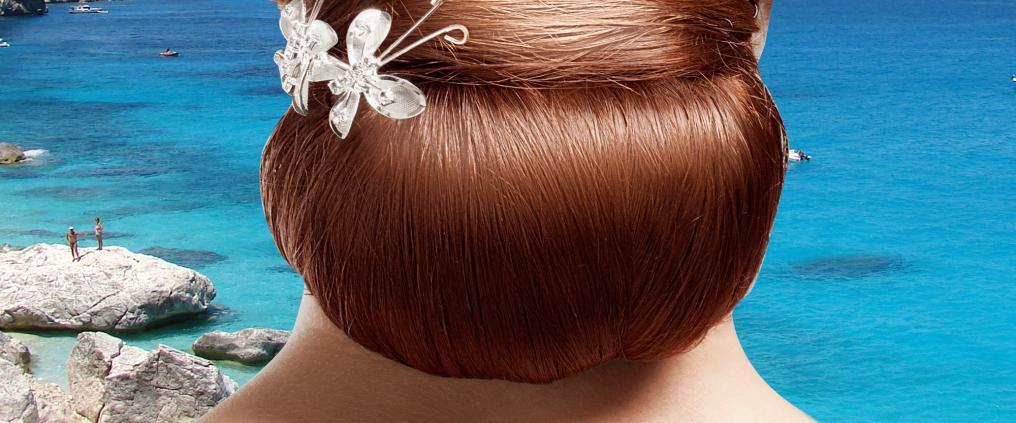Only in the 1960s and 1970s Finns would usually head for Stockholm, the capital of our neighbouring Sweden. They would take a cruise there and visit the old town and the royal castle. For many, a trip to Sweden was unforgettable, the only trip abroad in the whole year.
In 2012, people around the world, from many walks of life traverse the globe. Many travel abroad several times a year – or a month. For the first time in history, more than a billion people are going on holiday this year. The change has been astonishing and fast. Urge to see. Travelling is part of our everyday life. In 2011 I took three trips abroad and one in Finland – about average for a Finn today.
In the 19th century it was still viewed as inconvenient and few had the money or time, and those who only spoke one language and were unused to travelling found the hardships and dangers scary. No wonder only 0.2 to 0.3 percent of the British in the 18th century went anywhere.
After the Second World War when aeroplanes had become commonplace, tourism really took off. In the 1980s mass tourism was ready to turn global, with flights to such places as Thailand, Gambia and Australia. In 1980, overseas traffic catered for 278 million people, reaching roughly 700 million by the beginning of 2000.
The significance of tourism
Today it is the largest industrial sector in the world and its significance for employment is huge. Income from, total investments in and the knock-on effects of tourism now account for twice as much money as the entire global armaments industry, for example. Even the oil and car industries fall behind tourism.
The entire globe has become a shared space where we wander for gain, experience and pleasure. We have become global nomads, flying effortlessly from country to country. Tourism is a key industry for many countries today. In 1989, for example, it brought more foreign currency to Kenya than its coffee and tea plantations. And then there's Venice, Italy, with its 15 million day tourists annually. Indeed, the city has more tourists than residents.
Where are we going?
The World Tourism Organisation, UNWTO, foresees an increase in eco-tours and nature and cultural travel; short holidays will gain favour and tourist centres will become more popular. Exploration tourism, mountain climbing, jungle safaris and whitewater rafting have been whitening ever more knuckles throughout this century.
Tourism is the largest industrial sector in the world.
Yet ever more also seek peace and tranquillity, a place to meditate and be pampered amidst natural beauty. Senior travel is also expected to increase sharply as Europeans turn grey. A country like Finland, with its 5.4 million, will see its over 65 year olds outnumber its 20 year olds by about 2017.
And European cities are increasingly singles hubs - more than 40 percent of Swedish capital Stockholm's residents already live alone. How will this affect tourism in the future? Will we be needing more single hotel rooms?
Tracks of a trip
Much journeying has made me see things differently and I like different things. I was infatuated by ancient edifices and Renaissance art in Florence. Bangkok showed me how to relish the Asian mentality, decor and Thai food. Dubai revealed the beauty of skyscrapers and endless deserts.
In terms of tourism, Finland is a young country. It says something that when Giuseppe Acerbi and Edward Daniel Clarke explored Finland in 1799 they described the Finns as 'noble wild folk', unspoiled and living in harmony with nature. Travelling has helped me see my own country through new eyes. How splendidly green our Finnish summer is – and how uniquely beautiful is Lapland!
What did you think of us Finns and our country in 2012? What memories linger?
Source: "The Wonderful World of Travel"
Text: Nina Pinjola
Photos: iStockphoto, Wikimedia
